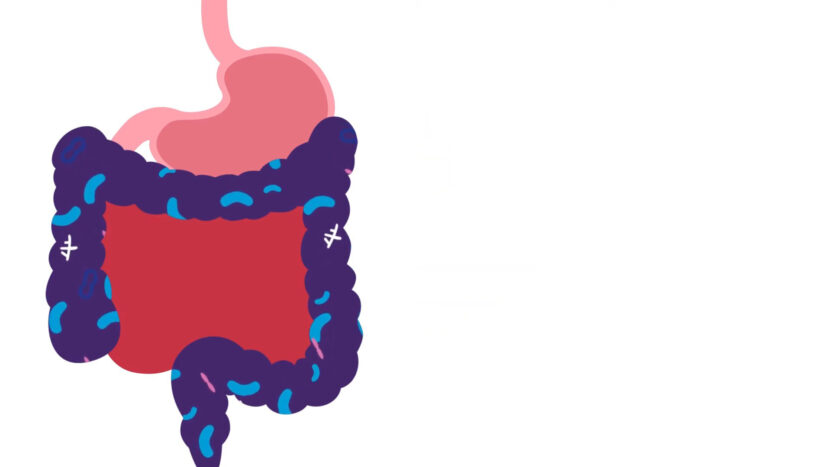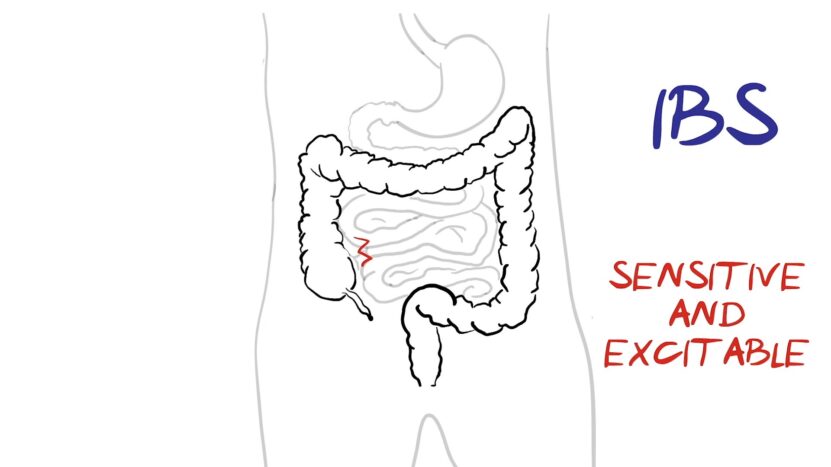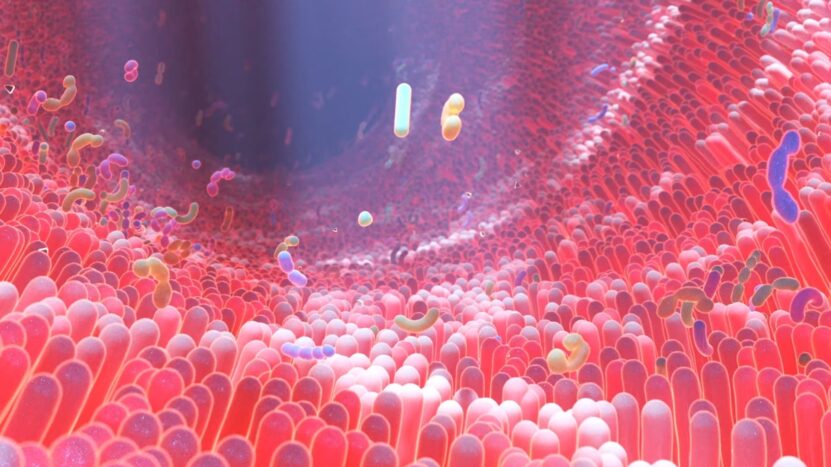Disbyosis or dysbacteriosis is an imbalance of bacteria and microbes in our bodies. Our bodies contain close to one hundred trillion bacteria and microbes – which reside mainly in our gut and make up what is known as the human microbiome.
Most of these bacteria are ‘commensal’ meaning they are good for us and co-exist in harmony with our bodies, supporting our digestion, our metabolism, and our immune system and protecting us from infections and pathogens (harmful invasive bacteria). Among the many functions of our microbiome, it is responsible for:
- Synthesizing vitamin K and other essential nutrients
- Maintaining the health of our gut lining to prevent infections from crossing into our blood
- Breaking down fiber and cellulose into valuable compounds
- Supporting our immune system, keeping it healthy and functioning effectively
Our microbiome is made up of a large number of different strains and species of bacteria. The most dominant of which – in a healthy gut – will be commensal.
However, when the quantity and proportion of these friendly bacteria are reduced, the harmful strains and pathogens are allowed to grow unchecked causing an imbalance that can lead to dysbiosis.
Types of Dysbiosis and Causes
Dysbiosis normally occurs in our gastrointestinal (GI) tract – often resulting in inflation of the gut lining which can lead to our gut lining becoming permeable or ‘leaky’. However, dysbiosis can also occur on our skin and in our genitalia – where colonies of bacteria exist and can be caused by any change to the normal balance of microbiota.
Often it is either a result of exposure to harmful bacteria or the uncontrolled growth of a single type of bacteria. Dysbiosis in our gut is often due to one or a combination of the following:
- Antibiotics and antibacterial medications
- Changes in our diet such as the increased consumption of sugars, refined starch processed foods, and food additives such as preservatives, emulsifiers, and artificial sweeteners
- Traces of harmful chemicals and toxins in our foods, such as pesticides on unwashed fruit, vegetables, and cereals.
- Excessive alcohol consumption
- Poor dental hygiene, which allows bacteria to grow out of balance in your mouth
- High levels of stress, anxiety, or depression, which affect the immune system
How to tell if you have Dysbiosis

The effect of dysbiosis on the body ranges from digestive disorders, such as cramps, diarrhea, and constipation, which can be mild are short-lived – to more serious ailments and chronic conditions
Common symptoms include:
- Digestive problems, including cramps, constipation or diarrhea
- Difficulty urinating
- Acid reflux or heartburn
- Vaginal or rectal infections or itching
- Food intolerance, gas, and bloating
- Inflammation, aching joints
- Acne, skin rashes, and psoriasis
- Chronic fatigue
- ADHD or issues with concentration
- Anxiety or depression
If you have had any of these symptoms over a prolonged period or if you have had prolonged courses of antibiotics in the recent past, a prior diagnosis of Irritable Bowel Syndrome (IBS) or a history of “stomach bugs,” gastroenteritis, and/or food poisoning you may well suffer from Gut dysbiosis and should seek advice and diagnosis from your doctor.
Chronic conditions resulting from Dysbiosis

Gut dysbiosis is serious as it is often the precursor to more serious chronic conditions and ill-health – including
- IBS and leaky gut
- Gut diseases, such as colitis
- Diabetes
- Obesity
- Skin conditions, such as acne and eczema
- Liver disease
- Heart disease
- Rheumatoid arthritis
- Autoimmune diseases such as Parkinson’s and MS
- Cancer of the colon or rectum
Treatments for Dysbiosis
Treatments may vary according to the type and cause – if there is a bacterial infection treatments may involve targeted antibiotics, probiotic supplements, or Fecal Microbial transplants – experimental treatments with promising results.
However, changes to diet and lifestyle are strongly advised as these are often at the root of bacterial imbalance. Our sedentary lifestyles and Western diets, low in vegetables, high in sugars, refined starch, and processed foods are often to blame.
How to Prevent Dysbiosis
Gut Dysbiosis can be prevented through a few important changes to diet and lifestyle – which need to be maintained for the long term
Foods to eat more of
• Increase the amount of natural plant fibre in your diet; such as fruits, leafy greens, and resistant starches
• Fermented foods rich in probiotics and prebiotics; including sauerkraut, kimchi, cheeses, kefir, natural yogurts
• Foods high in healthy fats; such as oily fish, olive oils, and nuts
• Changes to your lifestyle – including regular exercise and treatments for stress such as meditation
• Foods that you can add to your diet include:
Foods to reduce or stop eating altogether include
• Processed meats, such as deli meat and salted or canned meat
• Refined carbohydrate-heavy foods such as pasta, white rice, noodles, white bread, and dough
• Foods high in sugar
• Processed foods, containing preservatives and emulsifiers
• Artificial sweeteners
Antibiotics & Medication
• If you are ill, check with your doctor if the cause is bacterial and whether treatment by antibiotics is really necessary.
• Take probiotic supplements and fermented foods together with any necessary course of antibiotics to help reintroduce important ‘friendly’ strains of bacteria back into the gut
FAQs
How does stress contribute to dysbiosis?
Chronic stress can weaken the immune system and alter the balance of gut bacteria, potentially leading to dysbiosis.
What is the human microbiome?
The human microbiome refers to the collection of trillions of microbes, including bacteria, fungi, and viruses, that live in and on our bodies, primarily in the gut.
Are all bacteria in our gut beneficial?
While many bacteria in our gut are beneficial and essential for health, there are also harmful bacteria that can proliferate under certain conditions, leading to dysbiosis.
Can dysbiosis affect mental health?
Yes, there’s a connection between gut health and brain health, often referred to as the “gut-brain axis.” Dysbiosis can potentially influence mood disorders like anxiety and depression.
How often should one consume probiotics or fermented foods?
While there’s no one-size-fits-all answer, incorporating probiotics or fermented foods into your daily or weekly diet can support a balanced gut microbiome.
Final Words
Dysbiosis, while often overlooked, plays a pivotal role in our overall health. From digestion to mental well-being, the balance of bacteria within us can influence various facets of our health. By understanding its causes and symptoms, and by making informed choices, we can ensure a harmonious relationship with our microbiome, leading to a healthier, happier life.
